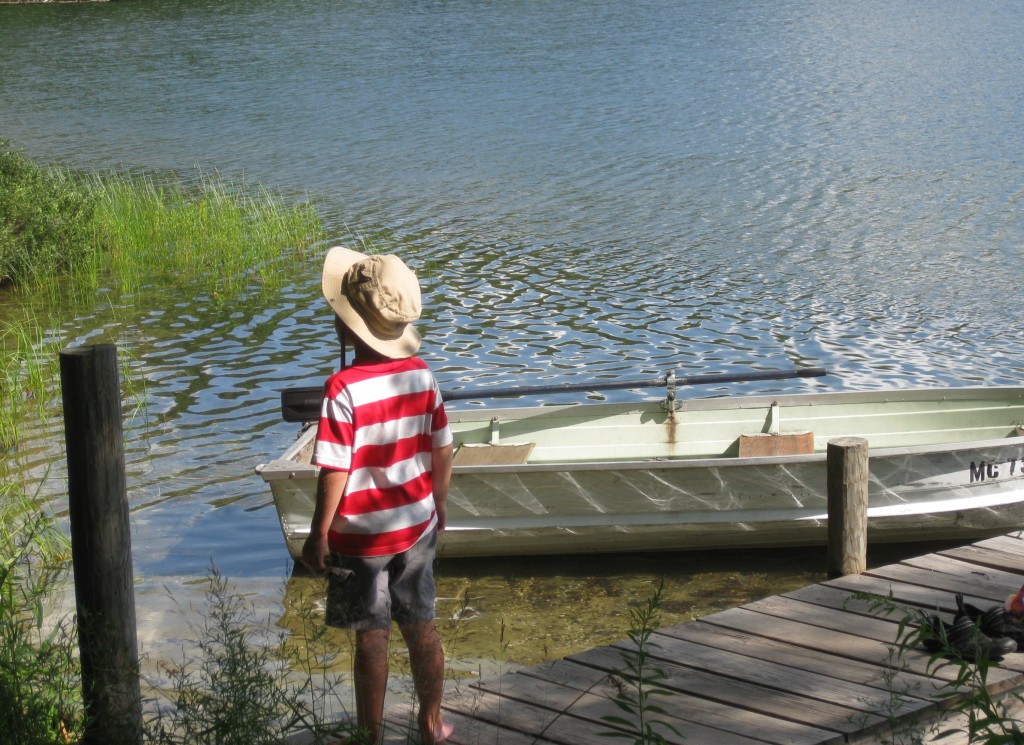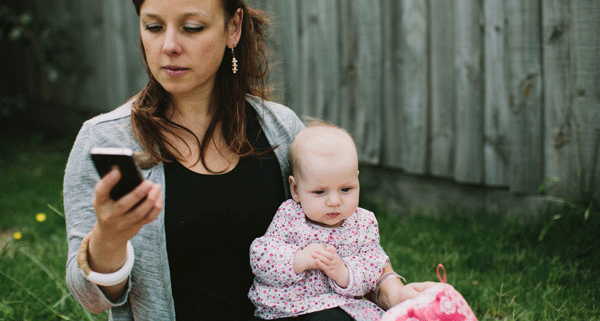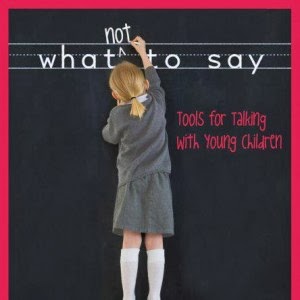A World of Books and Children
Search and enjoy 8 years of posts chock-filled with ideas from It’s OK Not to Share and beyond.
As the school year wraps up, the usual things come home in my kids' backpacks - stubby pencils, forgotten jackets, artwork, end-of-year piles of papers. But one item startled me. It was a note assuming I was scared of summer:
"We have come to the time when parents start to worry about how they are going to keep their student's skills strong over the summer. Well, relief could be on the way!" Then the note went on to introduce summer tutoring available.
This note was in a kindergartener's backpack. It reminded me how wide-spread this concern is among parents. The fear that kids will forget what they learned in school during the summer months, the so-called "Summer Slide."
I'm afraid I take the opposite view. I'm not worried about kids' brains in the summer - a time when they can think their own thoughts, play their own games, and take a break from academics - I'm more worried about what they might be losing during the school year. Time to think. Time to explore. Time to find out who they are.
Play can Thrive Especially for kindergarteners, tutoring is not necessary. They can learn much more through play and exploring the world. It's not the Summer Slide I'm worried about, it's the "School Slide." School doesn't give enough time for young hearts to play.
Life is Time Schools teach many valuable lessons and skills, but school days are long and dominate the day. That's especially true if you add on bus rides, extended day programs and homework. School grabs most of a child's time. It's simple math. When school hours dominate, there's not much time for a child to do anything else. All humans need time to explore their own interests and ideas.
Reading Often Gets Stronger In families who read, reading skills grow stronger over the summer. Summer is a time when storytime can get longer, kids have plenty of time to read for pleasure, and libraries have robust reading programs. This is one area where income and family dynamics play an enormous difference. In about half the families, summer reading time boosts kids' vocabulary and reading level. In the other half, reading slides because there is no reading.
Learning is Not all about Recall When tutors and teachers talk about "summer slide," they typically use the statistic that kids are set back 2-3 months worth of instruction time. Math or science facts may certainly be rusty, but learning is not only about recall. Learning cycles through the brain, some things stick, some things don't, but sometimes the process of learning has been strengthened. The child's ability to do logical thinking has been enhanced even if they've forgotten the exact facts. A test does not necessarily tell "where" a child is and whether she/he has learned.
Kids' Ideas Matter The biggest difference between school-time and non-school-time is the space to explore kids' own ideas. For my kindergartener, that means flapping mud into the sandbox. For my 9-year-old, that means going to the park with a friend or creating his own board game from cereal box cardboard. The chance to explore what interests them matters. Kids have been told what to do for many months. Now they need the chance to share their own thoughts with the world.
It's Not all Important Heresy, perhaps. Not everything taught at school is important. New curriculum requirements ask teachers to present an array of material that may or may not be useful to kids. Some of it is never "learned." Some is not relevant. What may be important to one child is not important to the next. Our brains are very good at parsing out what's not important.
Of course, not every child has ideal summer days. Summer is a daycare scramble. In our family, we have a flock of summer sitters lined up. Some kids need extra help or structure in the summer. But still, wherever your child is, summer is a time to focus on life besides academics. It's a time to relax routines. For a child, it's a time to revel in the glorious business of discovering who they are.
I'd rather see a note come home on the last week of school that says: "Read stories to your child. Go outside. Have a wonderful summer and enjoy the world."
Do you worry more about what's being "lost" in the summer or in the school year? How can we bridge the gap between reading families and non-reading families? What do you think you learned during summers as a child?
I remember when I first saw someone walking down the street with a cell phone to their ear. It was a remarkable sight, and not that long ago. Now what's remarkable is seeing someone who's NOT got a device attached in every day life.
As parents, we worry about how much screen time our children should have. What exactly they're watching on the screen, and what they're missing out (outside time, creative play, exercise, etc.). It's true, we need to give this deliberate thought.
But who is limiting parents' screen time?
Children yearn for attention. In the past, direct competition for attention in a family most often came from other siblings. Kids also have to compete for attention with jobs, caregiving for ailing grandparents, or parents' board committees and activities that take them away from home. But the biggest competitor of all is the Screen. The smart phone, ipad, laptop, or other must-be-tethered-to digital device.
You see it in the park: Parents texting while their child says "Mom, look!" You see it at restaurants: Parents scrolling through screens at dinner. You see it at school pick up times: Parents still talking on their phones while glancing down to make sure they've got the right child - no smiles, no big welcoming 'hellos.'
Computers and young children don't mix for me. The screen steals my vision and my focus. Even if it's a small computer "chore" the screen requires my attention. My peripheral vision shuts down. My awareness of what's going on around me vanishes. I don't like the social impact screens have on my ability to relate to my family, so I relegate computer time to times my children are asleep or at school.
I also hate to be tethered and "on call" to a constant flow of messages. To write and think and thrive, I need plenty of space and time. My brain works better that way. I feel more settled. Creative ideas pop up. I can give people around me true attention.
Children have never been raised before by Parents-on-Screens. Studies are coming out now that look at the vast impact, such as Harvard's Catherine Steiner-Adair, author of the Big Disconnect and this recent story from NPR.
As we seek a way to navigate screens with our parenting, we must not focus only on our child's screen habits. How is our screen use drawing our families together or pulling them apart? How are screens impacting our relationship with our partners? What are exactly are we modeling?
Share your stories - have you seen kids competing against screens for attention? Do you feel your screen use is impinging on your real-life family relationships? What are your tips for keeping digital device use in check?
Tired old phrases often come out of our mouths when we talk to kids, especially in times of frustration. Do you find this happening to you? When we're exasperated, our minds reach for the first thing that comes to the surface. Often it's the exact words we hated hearing as a kid ourselves. Parent Speak.
Sarah MacLaughlin has compiled a guide of "What Not to Say" when talking to young children. You'll find many common phrases in there, including "Be nice," "Because I said so," "What's the magic word?" "Don't you say no to me!" and many more. Sarah explains why the phrase is ineffective and what's a better option to try. If you follow renegade rules parenting, you'll find several familiar ones such as "Go say you're sorry," "You have to share" and "Good job!"
When you put them all together, what some young kids hear is a litany of bribes, threats, shame, power, labels and confusion. We can do better. But first it's important to recognize what phrases don't help.
One of her phrases under the power play chapter caught my eye. It's all about control and shame: "Look at me when I'm talking to you."
This "Look at me" sentence is a classic clash between adult expectations of respect and child development needs and feelings. When something serious needs to be said, we desire eye contact. We want to make sure our words are heard. We want kids to understand what was wrong and not do it again. We want to make sure children learn cultural ideas of respect. Maybe we even want them to squirm a bit.
For many kids - especially in times of high emotion - they can't look and listen at the same time. Looking directly at someone's face can be overwhelming. If they do look at you, they might not be able to hear you. If a child buries his head or claps his hands over his ears, say "I know you can hear me," and keep talking in a firm voice.
If you were brought up with a string of child rearing phrases you don't wish to repeat, you might like to check out Sarah MacLaughlin's slim book. It's packed with respect.
What phrases would you like to be rid of? What irritating ones do you hear? What's your experience about children looking you in the eye?



